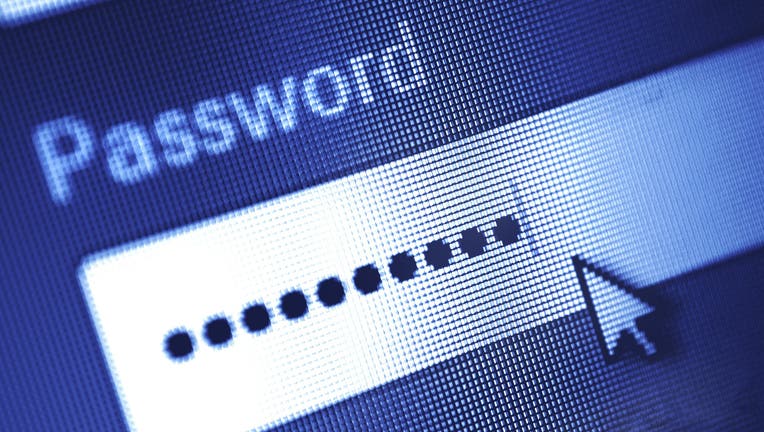Passwords data breach: What to do if your account was affected

FILE - Password box in an internet browser on a generic computer screen. Getty Images
News that billions of login credentials for popular sites like Google, Facebook and Apple were compromised can leave consumers feeling a little despondent.
Here are some tips for managing your cybersecurity risk:
Password data breach
The backstory:
Cybernews researchers published a report that they found 16 billion credentials had been compromised.
That includes user passwords for a range of popular platforms, including Google, Facebook and Apple.
By the numbers:
Sixteen billion is roughly double the amount of people on Earth today, signaling that impacted consumers may have had credentials for more than one account leaked.
This could give cybercriminals "unprecedented access" to accounts consumers use each day.
READ MORE: 16 billion passwords leaked in Google, Facebook, Apple massive data breach: What we know
Important:
Since a data breach didn’t occur at any specific company, there’s no way to track which credentials may have been leaked. This means you won’t be notified if your account is compromised, as can be the case with other data leaks.
This means being proactive about your cybersecurity could help prevent a threat.
Protect your accounts
Big picture view:
It’s normal to feel worried about your account data potentially being exposed after hearing about a recent breach.
What you can do:
First, change your password. Avoid using the same or similar login credentials on multiple sites.
"Even if you think you are immune to this or other leaks, go and reset your passwords just in case," Cybernews said.
And also add multifactor authentication, which can serve as a second layer of verification through your phone, email or USB authenticator key.
Then, closely monitor your accounts.
If you find it too hard to memorize all your different passwords, consider a password manager or passkey.
RELATED: 184M passwords for Google, Apple and more exposed in major data breach
How to remember passwords
Big picture view:
It’s also normal to not be able to remember every password. Using a password manager or passkey can help.
How they work:
Your passwords are stored securely in a digital vault. When you need to access an online service, it auto-fills the login and password fields. The only thing you’ll need to remember is a single password to open the password manager.
Better-known platforms include 1Password, Bitwarden, Dashlane, Bitdefender, Nordpass, Keeper and Keepass, according to The Associated Press.
Passkeys are more technical, and use existing biometrics like your face or fingerprints, digital patterns or PINs to access your accounts.
They’re also not as common, so not every site accepts them yet.
The Source: Information in this article was taken from a Cybernews report published this week, and from cybersecurity tips reported by The Associated press. This story was reported from Detroit.

